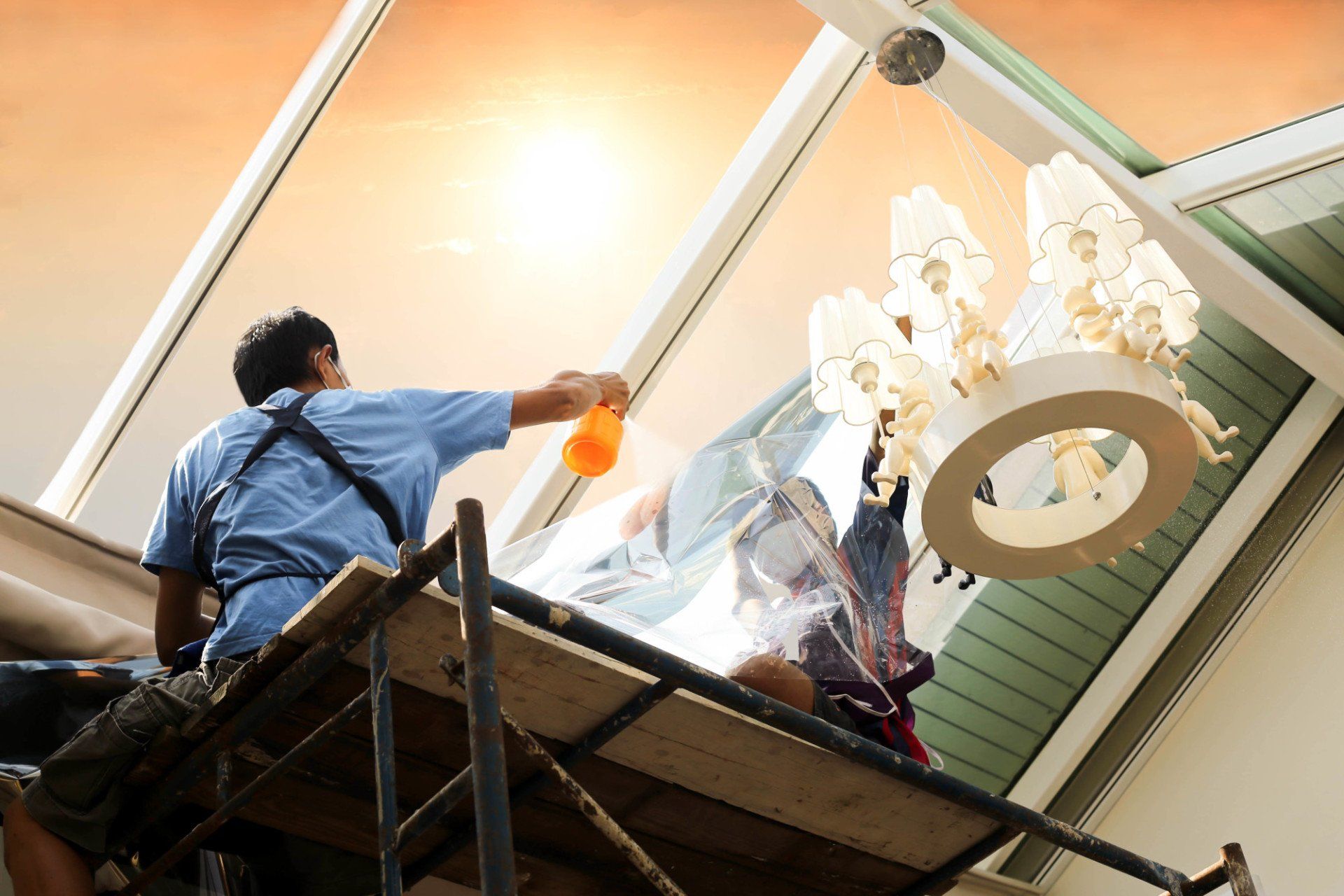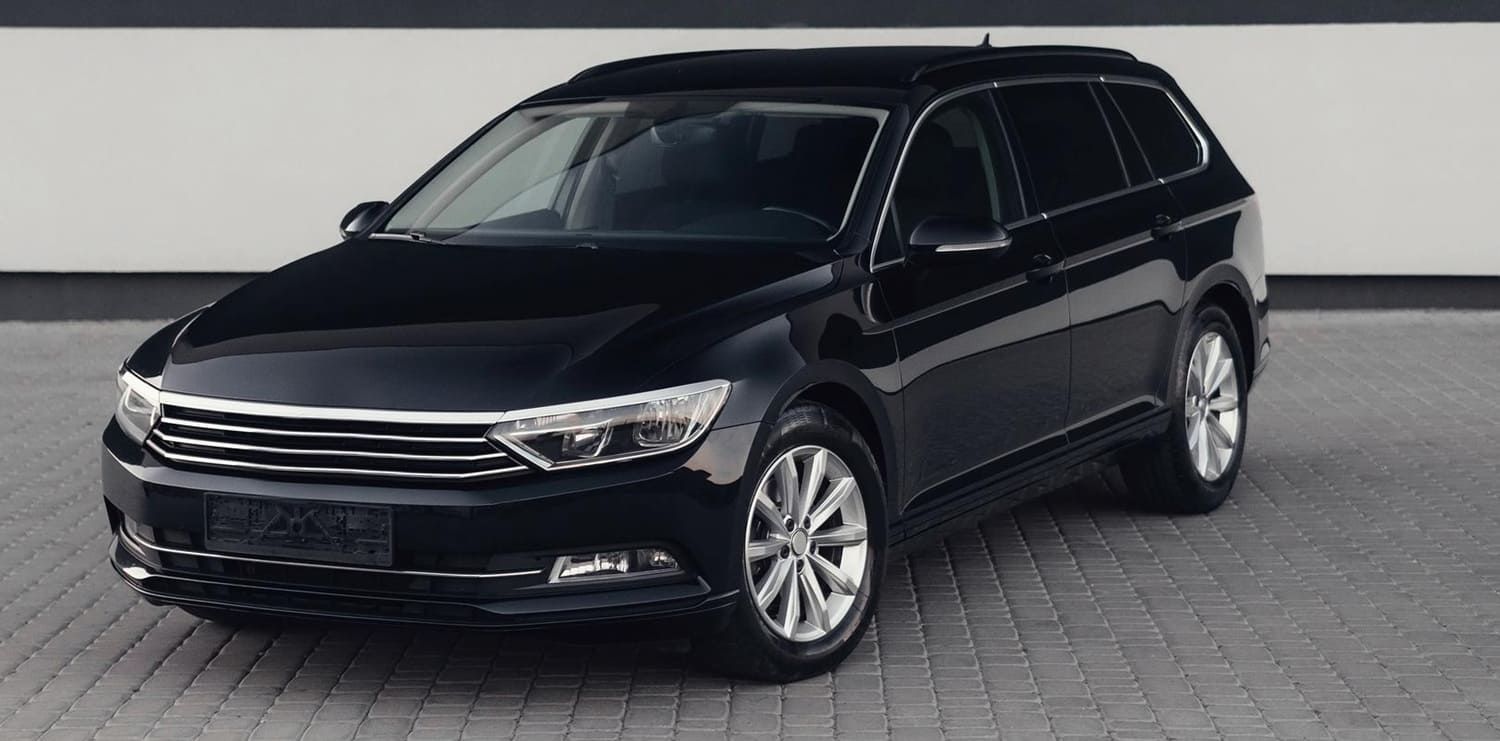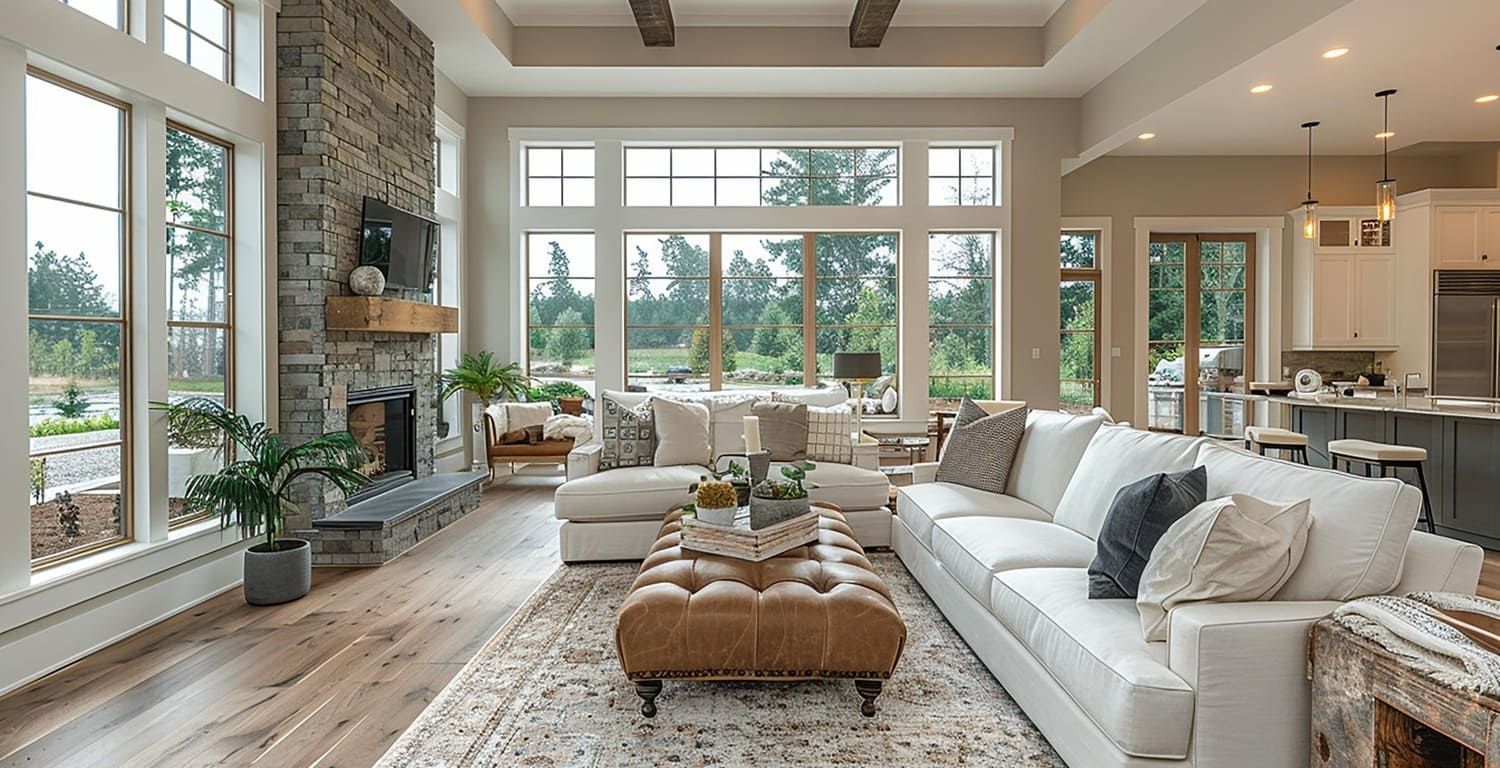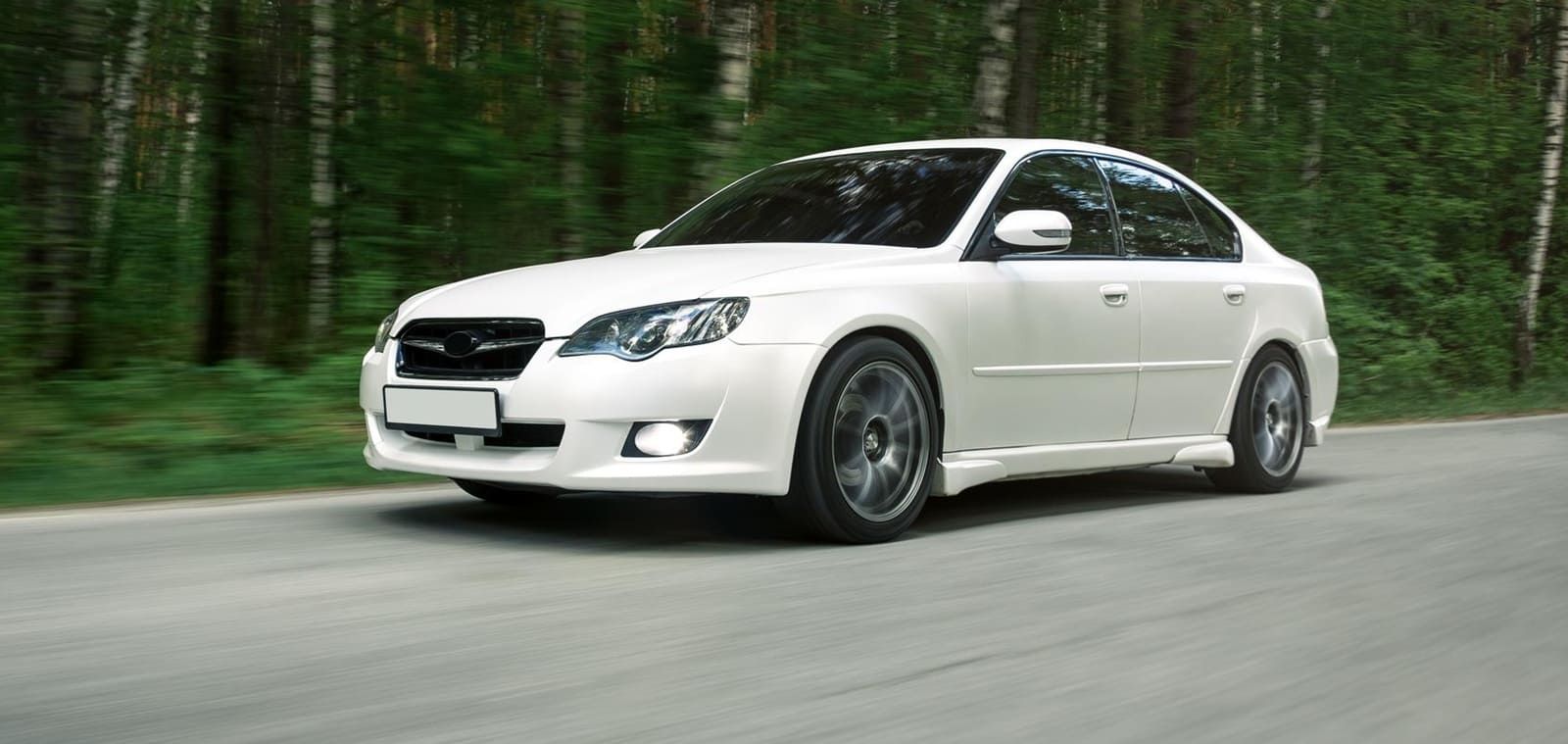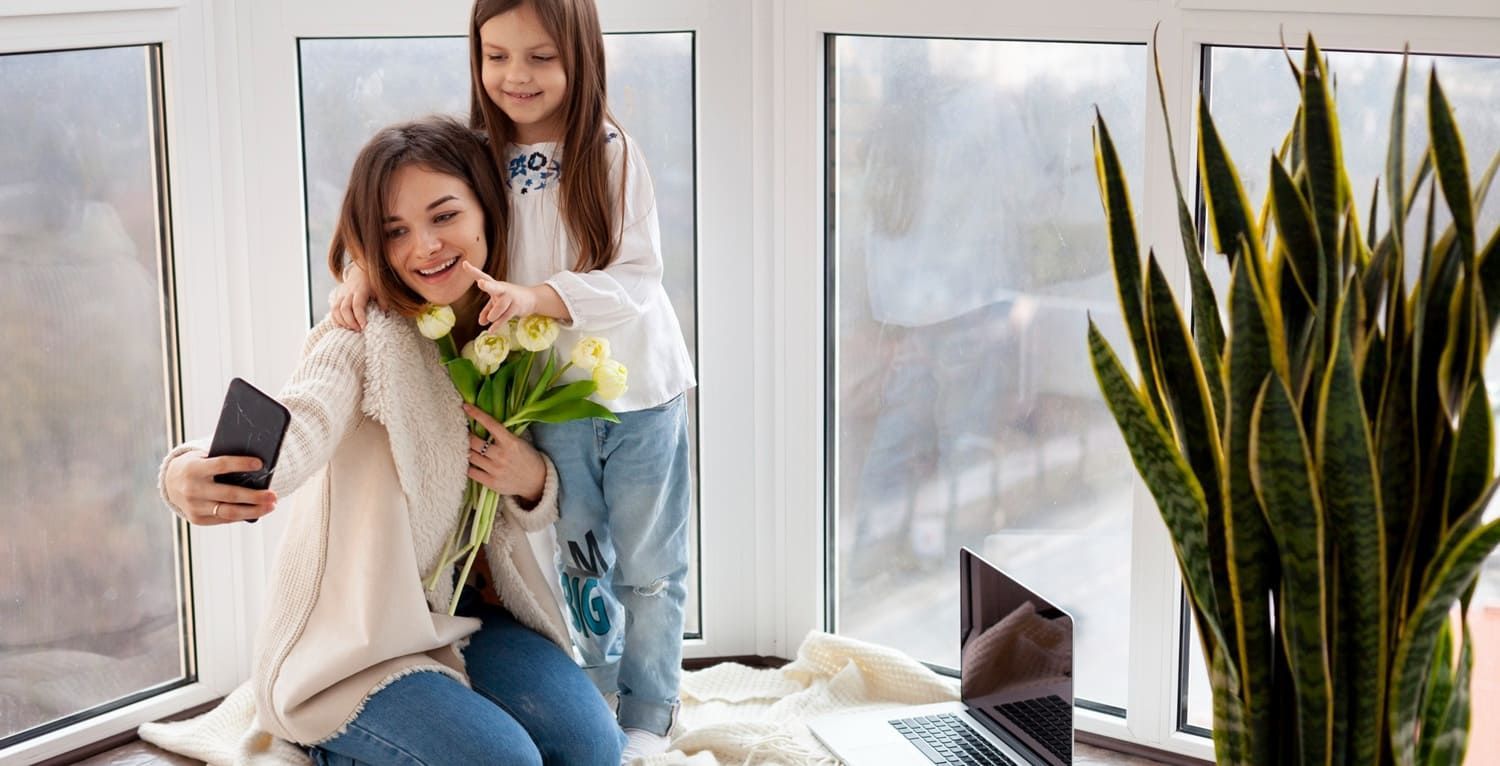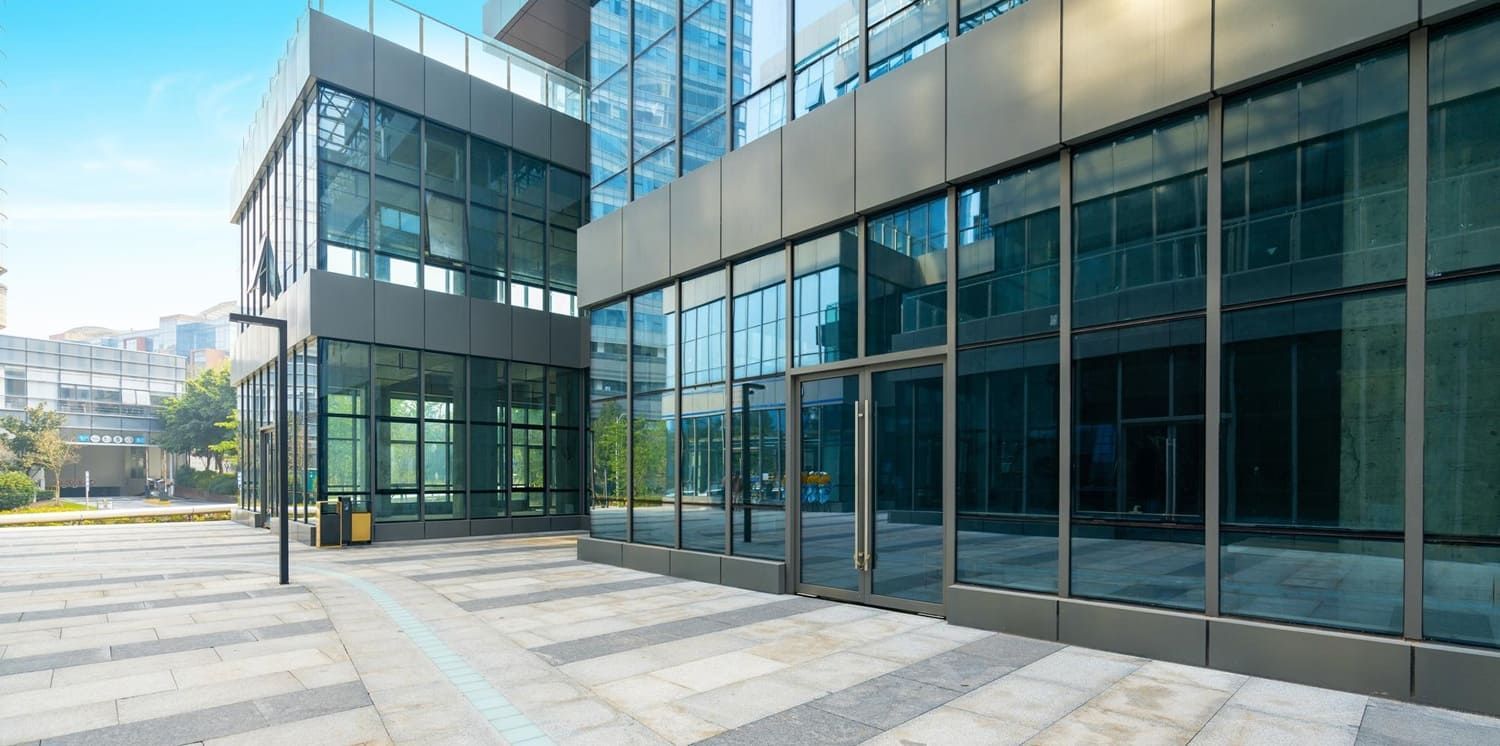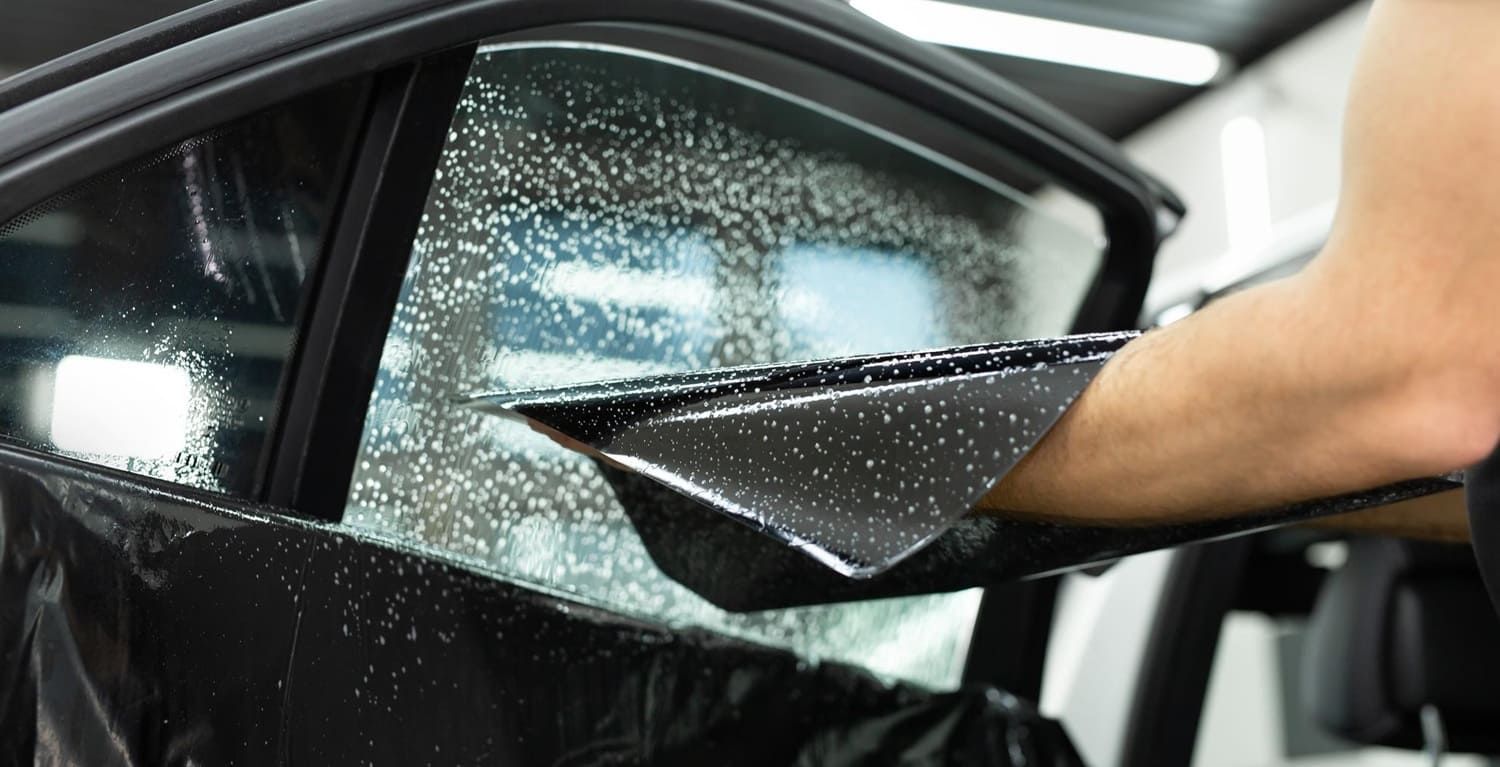The Most Important Residential Window Tinting Trends of 2019
Tinting your windows doesn't just keep your house cool. It also helps to save the planet. Here are some of the residential window tinting trends of 2019.
Since 2014, the tinting of residential windows has increased by over a third, according to reports by Grand View Research.
That is a steep incline in the use of window tint for homes and other buildings.
Window tint for buildings is becomingly increasingly popular for a number of reasons. Tint can regulate the temperature of your home, block harmful UV rays that damage your skin and furniture - and make windows stronger.
Traditionally window tinting is used on cars. The use of tinting for vehiclesis regulated by state laws and it is an offense to use tints that aren’t allowed in your state.
But what about residential window tinting laws? Is there anything I need to know about these?
Good question. Nobody wants to go through the expense and effort of installing tint on their windows without making 100% sure about any laws that may apply. Because in the case of your car, disobeying tint laws could land you up with an offense.
Read on to get clear on residential window tinting laws.
Window Tint Application Is a Step Closer to a Passively-Designed Home
Did you know that passive homes save up to 90% on heating and cooling costs? That's how big a savings you can get if you live in a home with a 100% passive design.
At the moment, there are only 250 certified passive houses in the nation. But more folks are realizing the benefits, so certification requests are on the rise.
What exactly is a passive design though?
It's a type of construction design aimed to reduce energy use through several factors. These include the building's location, the climate in that location, and building materials.
That said, a passive house also has properly-placed and -treated windows. After all, over two-thirds of sunlight that enters double-pane windows become heat. Furthermore, as much as 30% of heating energy escapes through a building's windows.
While window tinting alone won’t make your home 100% passive, it’s one of the steps to a more energy-efficient home. Some of the best solar window technology films can block up to almost 80% of the sun’s energy.
Solar Shields that Cut Energy Consumption in Buildings
Florida accounts for 8% of the biomass-fueled electricity generation in the country. That's why it's second only to California in generating electricity using biomass fuels.
In fact, in 2017, 87% of Florida's natural gas went towards electricity generation alone.
As a Florida homeowner, you'd want to do your part in conserving electricity (and natural fuels). The good news is, smart window film can act as a solar shield to cut down your electricity use. The best films have solar control properties that can make your yearly energy bills 15% lower.
Better Use of Natural Lighting
Another window tint tech trend to look out for is the “spectrally-selective” feature. Spectrally-selective films are almost invisible but have great heat rejection rate. This allows them to let more light in, which then lets you take advantage of natural light.
As such, you get to further reduce your electricity bills since you can rely less on your light bulbs and lamps. Plus, you can still enjoy your views, thanks to their clarity or subtle tinting.
Ultimate UV Ray Protection for Healthier, Greener Homes
In the U.S., nonmelanoma skin cancer cases have gone up 77% from 1994 to 2014. Nine in 10 of these cases have something to do with exposure to the sun's ultraviolet (UV) radiation.
That said, more people are sure to want better UV protection from window films. This is one window tinting trend you want to follow, as it's for you and your family's safety.
The good news is, today’s solar windows film technology have better UV protection, blocking up to 99% of UV light ! What’s more, they keep these harmful UV rays out without making your windows super dark. Depending on how much natural light you want, you can go for clear, neutral, or even warm, earth tone hues.
Year-Round Energy-Efficient Window Films
As energy-saving as most window films are in the summer, not all offer insulation in the winter. A green home, however, should be energy-efficient throughout the entire year.
That's why this year, you can expect to see a boom in year-round energy-efficient window films.
These window treatments act as a form of insulation during winter too. They help keep heated air from escaping outside of your home. During the summer season, these films still provide exceptional solar heat rejection.
Improved Film Strength and Durability for More Resilient Windows
In 2017, there were a total of 7,694,086 reported property crimes throughout the country. The 2018 report isn't out yet, but the FBI says property crimes went down 7.2% from January to June 2018.
This decrease is no doubt welcome news, but it still means millions of property crimes took place.
To help counter these, window filmmakers are manufacturing stronger films.
For instance, some of today's best safety and security films use heavy-duty polyester. They also feature powerful bonding adhesives, making them more impact-resistant. In fact, Homeland Security says shatter-resistant films can counterblast or ballistic attacks.
Cost-Saving Upgrades to Existing Windows
Every year, Americans produce about 230 million tons of what they consider "garbage". That includes valuable materials, including glass and wood.
That said, if you're thinking of replacing your windows, consider their usability first. Is greater energy efficiency your main reason for wanting to get them changed? If so, then it's best to get window tinting instead of replacements.
Today's top-of-the-line window films can be a great alternative to replacing entire windows.
This way, you can prevent "trashing" windows that you can simply update and upgrade. You'll "reuse" them but improve their overall performance. At the same time, you'll contribute less to the ever-growing landfill problem in the U.S.
Take Advantage of These Money-Saving Residential Window Tinting Trends Now
There you have it, the top residential window tinting trends this year you should keep in mind. By considering these trends, you can make the most out of your window films and the money that you'll spend on them.
Ready to take your home a step closer to being a green building? If so, then please feel free to connect with us now ! We'll be happy to answer your questions about window films and even give you a free estimate !


